In the heart of Iran’s bustling capital, Tehran, a vital player in the realm of international trade takes center stage: the freight forwarder. These unsung heroes of commerce serve as the linchpin between exporters, importers, and the complex web of logistics that ensures goods traverse the globe efficiently.
What is a Freight Forwarder?
A freight forwarder plays a pivotal role as a specialized entity dedicated to efficiently coordinating and facilitating the intricate process of transporting goods from their initial point of origin to their ultimate destination. Far beyond the scope of mere intermediaries, these professionals are the master architects of streamlined and flawless supply chains.
Their multifaceted responsibilities encompass a wide array of crucial tasks, such as meticulous documentation management, adept handling of customs clearance procedures, securing cargo insurance coverage, and the intricate coordination of transportation logistics. In essence, a freight forwarder serves as the linchpin in the complex web of global trade, ensuring the smooth and efficient flow of goods across borders and international territories.
Freight Forwarder Iran
In the dynamic landscape of international trade, Freight Forwarder Iran plays a pivotal role as a key facilitator in the movement of goods across borders. Leveraging its strategic geographical location and well-established transportation infrastructure, Iran has emerged as a crucial hub connecting the East and West. Freight forwarders in Iran specialize in orchestrating the intricate processes involved in shipping cargo, ensuring a seamless journey from the point of origin to the final destination.
These professionals handle a diverse range of responsibilities, including documentation, customs clearance, cargo insurance, and coordination of transportation modes. With a deep understanding of international trade regulations and protocols, Freight Forwarder Iran acts as a reliable partner for businesses looking to navigate the complexities of global logistics.
The significance of Freight Forwarder Iran extends beyond its geographic advantage. These entities play a critical role in supporting the country’s import and export activities, fostering economic growth. By offering comprehensive logistics solutions, they contribute to the efficiency and reliability of supply chains, ultimately enhancing Iran’s competitiveness in the global market. As businesses continue to expand their reach and seek new markets, Freight Forwarder Iran remains a strategic ally, providing tailored solutions to meet the evolving demands of international trade.
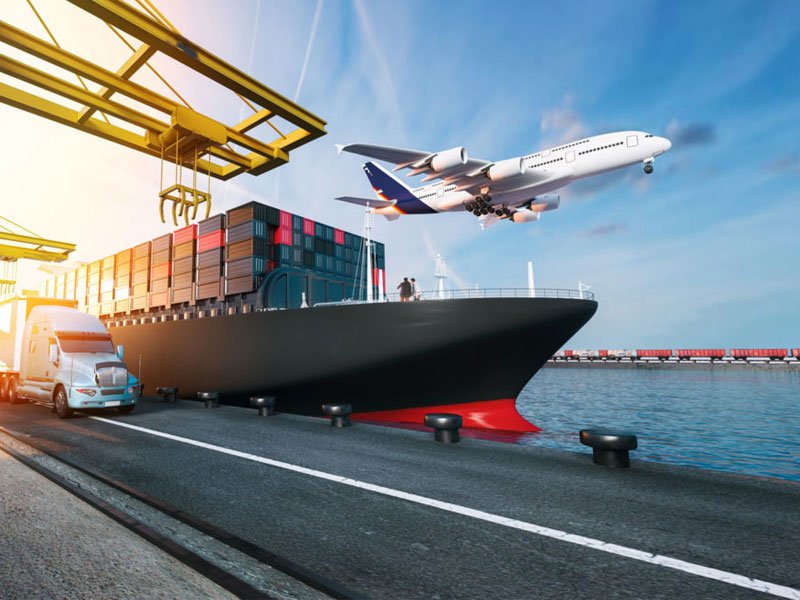
The Tehran Advantage
Situated strategically at the crossroads of East and West, Tehran emerges as a pivotal hub for facilitating international trade. This city’s advantageous geographical location positions it as a critical nexus connecting diverse regions. Boasting an extensive and well-developed transportation infrastructure, Tehran encompasses a network of efficient roadways, rail systems, air routes, and access to sea routes. This comprehensive connectivity establishes Tehran as an ideal operational base for the intricate processes of freight forwarding.
The city’s strategic placement and comprehensive transportation facilities create an optimal environment for coordinating the seamless movement of goods across various modes of transport. Tehran’s well-connected roadways facilitate efficient overland transportation, while the robust rail system extends the reach further. The presence of international airports and access to major seaports, particularly the prominent port of Bandar Abbas, adds another layer of significance to Tehran’s role in global trade.
Tehran’s proximity to key Iranian ports, especially Bandar Abbas, acts as a catalyst for facilitating international maritime trade. The city’s geographic advantage streamlines the process of transporting goods, enabling efficient access to international markets. As a result, Tehran emerges not only as a major economic center within Iran but also as a crucial player in the broader context of global trade dynamics. The synergy of strategic location, diverse transportation options, and proximity to vital ports solidifies Tehran’s position as a central hub for freight forwarding activities bridging the gap between the East and West.
Services Offered by Freight Forwarders in Tehran
- Customs Clearance Expertise: Navigating the intricacies of customs procedures can be a daunting task. Freight forwarders in Tehran boast a deep understanding of local regulations, ensuring that goods swiftly clear customs without unnecessary delays.
- Multi-Modal Transportation Solutions: Whether by road, rail, air, or sea, freight forwarders in Tehran have the expertise to choose the most efficient mode of transportation for different types of cargo.
- Cargo Insurance and Risk Management: Freight forwarders provide valuable advice on cargo insurance, ensuring that goods are protected against unforeseen events during transit.
- Warehousing and Distribution: Tehran is replete with state-of-the-art warehouses and distribution centers. Freight forwarders leverage these facilities for seamless storage and onward delivery of goods.
- Documentation and Paperwork: The paperwork associated with international trade can be overwhelming. Freight forwarders in Tehran handle all necessary documentation, sparing businesses the headache of bureaucratic procedures.
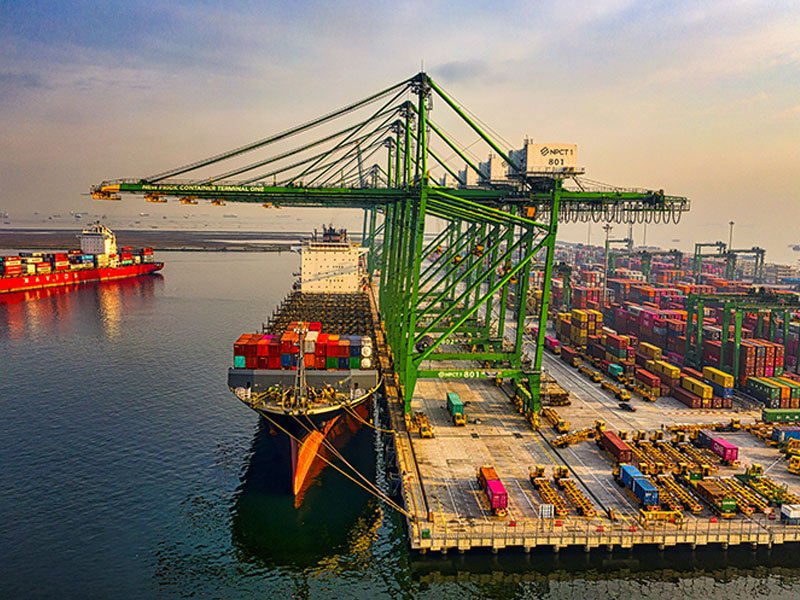
Choosing the Right Freight Forwarder in Tehran
Selecting a reliable freight forwarder is paramount for the success of any international trade venture. It’s crucial to consider factors such as experience, industry-specific expertise, a robust global network, and a track record of successful operations.
Emerging Trends in Freight Forwarding
In recent years, the field of freight forwarding in Tehran has witnessed several notable trends that reflect the evolving landscape of global trade:
- Digitalization and Technology Integration: The advent of digital platforms and technologies has revolutionized the way freight forwarders operate. Advanced software solutions streamline processes, enhance transparency, and provide real-time tracking capabilities. These technological advancements have significantly improved the efficiency and accuracy of logistics operations.
- Sustainable Practices: Environmental sustainability is now a key consideration for freight forwarders. Many companies in Tehran are adopting eco-friendly practices such as utilizing greener transportation options and implementing sustainable packaging solutions. These efforts not only benefit the environment but also align with the growing demand for eco-conscious supply chain management.
- E-Commerce Integration: With the exponential growth of e-commerce, freight forwarders in Tehran are adapting to the unique demands of online retail. They play a crucial role in managing the complex logistics of e-commerce operations, ensuring timely delivery and customer satisfaction.
- Customized Logistics Solutions: Businesses are increasingly seeking tailored logistics solutions to meet their specific requirements. Freight forwarders in Tehran are responding by offering personalized services that address unique challenges and optimize supply chain efficiency.
- Global Trade Regulations and Compliance: Navigating the complex landscape of international trade regulations and compliance requirements is a critical aspect of freight forwarding. Experienced forwarders in Tehran are well-versed in the intricacies of customs procedures, trade sanctions, and export/import documentation, ensuring seamless cross-border transactions.
Freight Forwarding Operations in Iran
Navigating the intricate web of regulations is a critical aspect of freight forwarding in Iran, as the industry operates within a structured legal framework designed to ensure the smooth and secure movement of goods. Several key regulations impact freight forwarders operating in Iran, covering areas such as documentation, customs procedures, and transportation. Understanding and adhering to these regulations is essential for ensuring compliance and facilitating efficient international trade.
One significant regulatory aspect is related to documentation. Freight forwarders in Iran must meticulously handle various documents, including shipping invoices, bills of lading, certificates of origin, and other essential paperwork required for customs clearance. Accuracy and completeness in documentation are paramount to prevent delays and facilitate the seamless flow of goods through the supply chain.
Customs regulations also play a crucial role in the freight forwarding landscape in Iran. Freight forwarders need to stay abreast of evolving customs procedures, tariffs, and trade agreements to facilitate the smooth passage of goods through borders. Compliance with customs regulations involves providing accurate information, ensuring proper valuation of goods, and coordinating closely with customs authorities.
Moreover, transportation regulations govern the movement of goods within Iran and across its borders. Freight forwarders must be well-versed in the legal requirements concerning the modes of transportation used, weight restrictions, and safety standards. Compliance with transportation regulations contributes to the overall efficiency and safety of cargo movement.
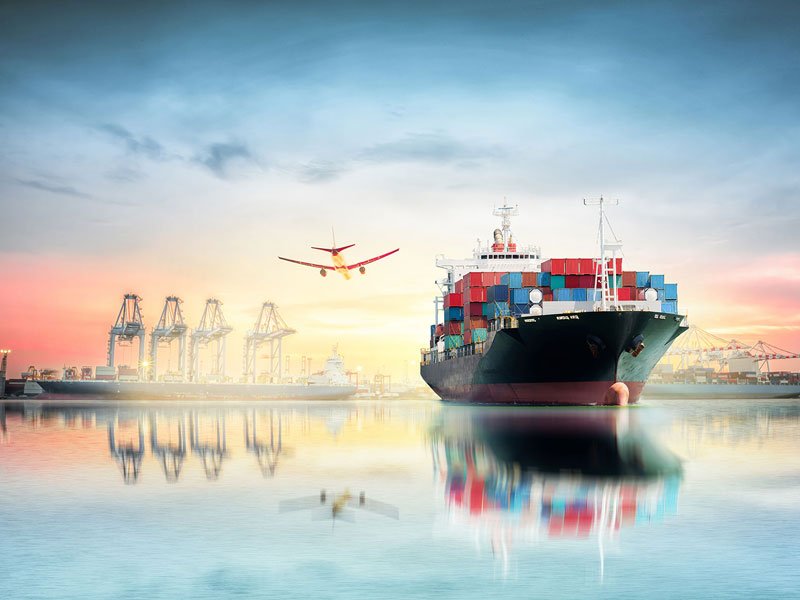
The Future of Freight Forwarding in Tehran
The outlook for the future of freight forwarding in Tehran appears exceptionally promising, as the city solidifies its pivotal position within the global trade network. The continuous investments in transportation infrastructure serve as a testament to Tehran’s commitment to bolstering its logistics capabilities. These ongoing developments, coupled with the adoption of cutting-edge technologies, are expected to propel Tehran-based freight forwarders into a new era of efficiency and reliability.
As the transportation landscape evolves, Tehran’s forwarders are likely to capitalize on advanced technologies such as blockchain, artificial intelligence, and Internet of Things (IoT) to optimize supply chain processes. These innovations can streamline documentation procedures, enhance cargo tracking capabilities, and provide real-time visibility into the movement of goods. Additionally, improvements in sustainability practices, including the integration of eco-friendly transportation modes, may become a focal point for freight forwarders in Tehran, aligning with global efforts to reduce the environmental impact of logistics operations.
In summary, the future of freight forwarding in Tehran holds immense potential, driven by a commitment to infrastructure development, technological advancements, and a forward-thinking approach to meeting the evolving needs of businesses engaged in international trade.
Conclusion
In conclusion, the role of freight forwarders in Tehran is indispensable in facilitating the smooth flow of goods in the complex world of international trade. With their expertise, businesses can expand their reach, tap into new markets, and navigate the intricacies of global logistics with confidence. As the industry continues to evolve, forwarders in Tehran will remain at the forefront of driving innovation and efficiency in the realm of logistics and supply chain management. The role of a freight forwarder in Tehran cannot be overstated. These professionals serve as the backbone of international trade, ensuring that goods move seamlessly across borders. With their expertise, businesses can navigate the complexities of global commerce with confidence and efficiency.
FAQs
A freight forwarder in Iran provides a comprehensive range of services to facilitate the seamless movement of goods across international borders. These services typically include documentation handling, customs clearance, cargo insurance, and coordination of various transportation modes such as road, rail, air, and sea freight. The freight forwarder acts as a logistics expert, ensuring that shipments comply with international trade regulations and standards. Additionally, they may offer value-added services such as warehousing, distribution, and supply chain optimization to enhance the efficiency of cargo transport.
Freight forwarders play a crucial role in ensuring smooth customs clearance for shipments to Iran. They are well-versed in the complex customs procedures and regulations governing the import and export of goods. The freight forwarder works closely with customs authorities, preparing and submitting the necessary documentation required for clearance. This may include commercial invoices, packing lists, certificates of origin, and any other relevant paperwork. By leveraging their expertise and established relationships with customs officials, freight forwarders navigate potential challenges, such as tariffs and duties, to ensure timely clearance and delivery of goods to their final destination within Iran.
A freight forwarder in Tehran is a specialized logistics company that acts as an intermediary between shippers and various transportation services. They facilitate the movement of goods from one location to another by organizing the logistics, documentation, and customs clearance processes. Services provided by freight forwarders may include transportation, warehousing, cargo insurance, customs brokerage, and more.
Freight forwarders in Tehran are experts in navigating the complexities of international shipping. They have extensive knowledge of customs regulations, export/import documentation, and trade compliance. By leveraging their expertise, businesses can ensure that their goods move smoothly across borders, avoiding delays and potential compliance issues.
When selecting a freight forwarder in Tehran, it’s crucial to consider factors such as experience, reputation, network of global partners, services offered, and industry-specific expertise. Additionally, verify that the forwarder has the necessary licenses and certifications to handle international shipments. Requesting references and checking customer reviews can also provide valuable insights.
Technology plays a vital role in modern freight forwarding services in Tehran. Advanced software solutions enable forwarders to track shipments in real-time, optimize routes, and efficiently manage inventory. Digital platforms also enhance communication between stakeholders, providing transparency and visibility throughout the entire supply chain process.

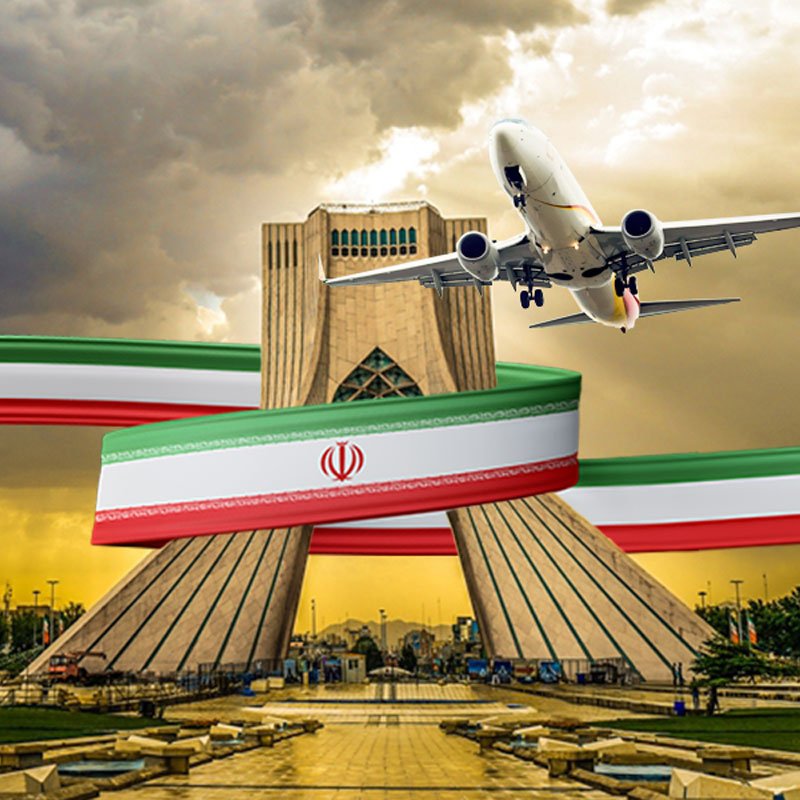

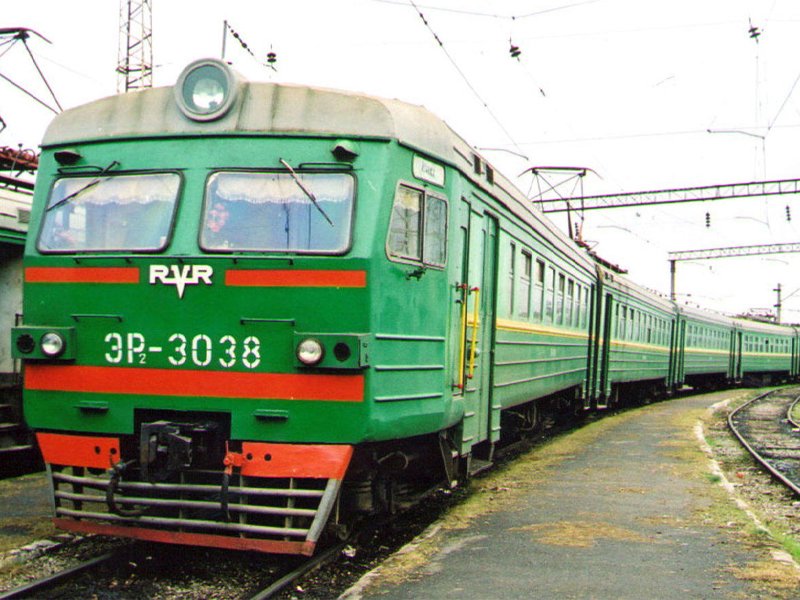
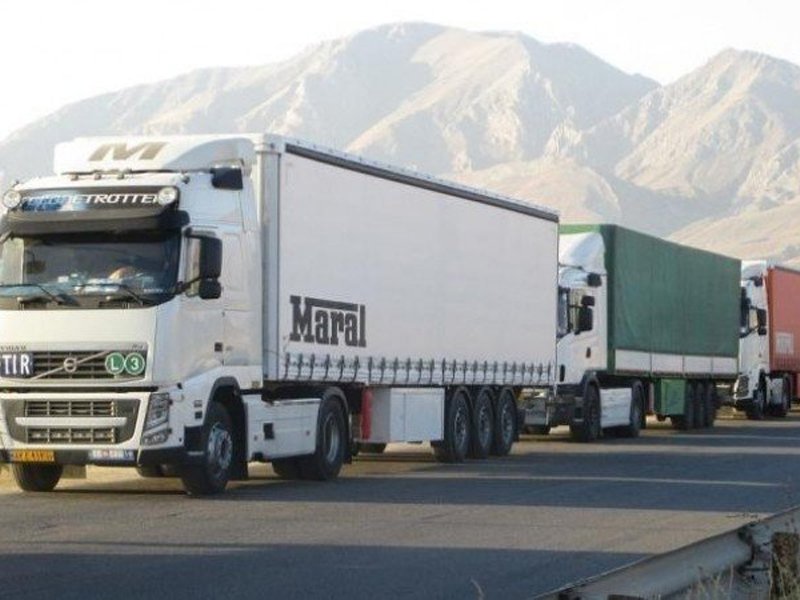


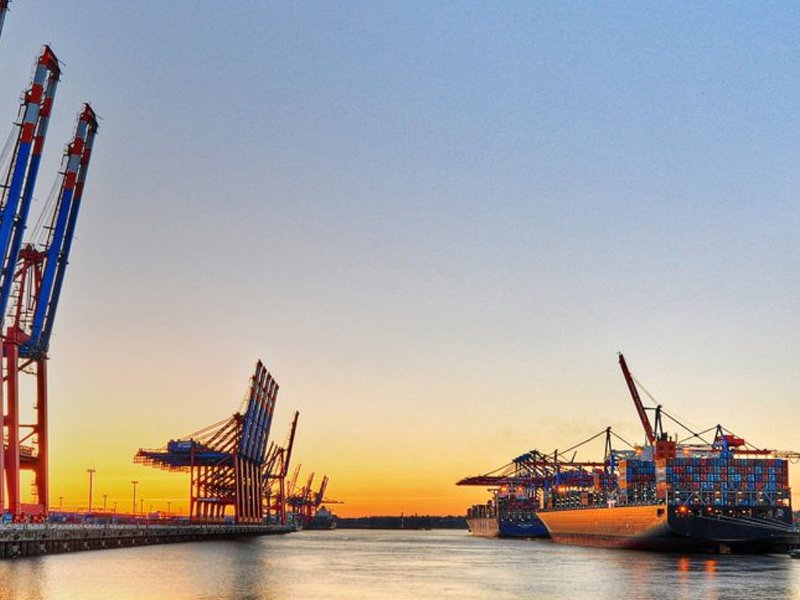


3 Responses
This article was so helpful. Thank you very much.
Thank you for the support
I like what you guys are up too. Such intelligent work and reporting! Keep up the excellent works guys I have incorporated you guys to my blogroll. I think it will improve the value of my website :).